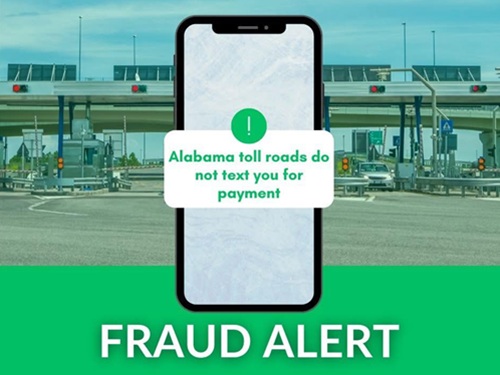Over the last several months, scammers have used what appear to be automated text messages – as well as live phone calls and “spoofed” websites – to harass residents across several states with fraudulent claims of unpaid toll bills; even in states such as Arizona, Connecticut, Missouri, and Mississippi, which do not collect tolls.
[Above image by Alabama DOT]
As a result, state departments of transportation have been sending out a variety of “scam warning” information via social media channels and their websites to warn residents that their toll claims are fraudulent. Most are also working with fellow state agencies to track down the fraudsters; even partnering with local reporters to alert their audiences of this tolling scam.
“We first became aware of these toll text scams in November 2024 and they have continued to persist,” noted Jennifer Lane, chief communications officer for the New Hampshire Department of Transportation, in an email to the AASHTO Journal.
“Initially, many of these messages contained noticeable spelling and grammatical errors, making them appear suspicious,” she said. “However, over time, the scams have become more sophisticated —some now closely mimic our official website, while others use more aggressive and threatening language to deceive recipients.”
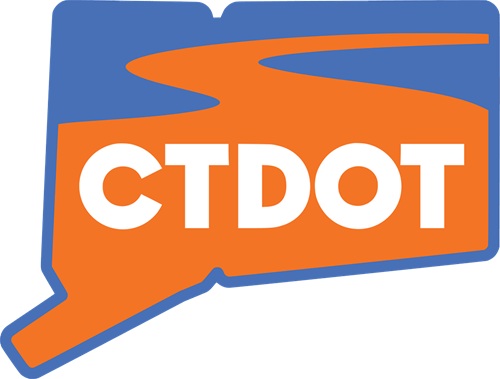
Josh Morgan, communications director for the Connecticut Department of Transportation, reported a similar “tolling scam” trajectory that started in January of this year.
“Those initial texts were pretty broad in nature and most residents were able to correctly recognize them as spam,” he said. “However, several weeks later there was a surge of these unwanted messages and calls that included a new level of sophistication. The scammers began using the name of our agency and other state agencies in the messages and included screenshots that closely mimicked the State of Connecticut website. This led to an increased number of concerned calls and emails to our agency from residents.”
Morgan noted that, since Connecticut does not have toll roads, CTDOT would never ask the public for toll payment.
“That is the first clue for someone who is just travelling locally in our state that someone is trying to scam them,” he explained. “However, some of our neighboring states, such as New York and Massachusetts, have toll roads where our residents may have traveled. We are reminding people to double check the message’s phone number to see if it looks legitimate. Often, the ‘sender’ is using a nonsensical string of characters and numbers and that message should be reported as junk/spam and deleted. If someone did travel a toll road and has a concern about an unpaid bill, it is always best to call the agency directly – such as E-Z Pass – to confirm.”
John Gleason, public relations director for the Utah Department of Transportation, said that while Utah does have toll roads, his agency never asks for payment via text message.
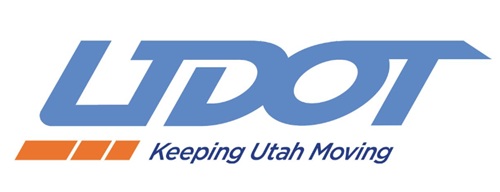
“Many of the scammers are threatening negative consequences if the tolls go unpaid, but Utah DOT does not enforce penalties or seek legal action for individuals who have unpaid tolls,” he stressed.
Some additional details gathered by Utah DOT through informal reports indicate that these toll scam texts are often sent by an international number.
“Additionally, the scam texts often have grammatical errors, repetitive or incomplete sentences, and an unusual usage of spacing between words or sentences,” he added. “Finally, the link that texts often reference doesn’t make sense, as our main website and pages use ‘udot.utah.gov,’ not just ‘utah.gov.’”
Utah DOT also issued a detailed news release outlining to state residents how they can identify scam messages, how to block them, and where to go for help.
Other state DOTs – including the Alabama Department of Transportation and the Arizona Department of Transportation – have issued similar news releases.
Gleason added that Utah DOT is also requesting that anyone who receives a toll-claim message to submit reports to the FBI’s Internet Crime Complaint Center at https://www.ic3.gov/.
His agency is also working with the International Bridge, Tunnel, and Turnpike Association, where fellow state DOTs and other transportation members warn each other about developing scams of this nature and craft strategies for responding to such events.
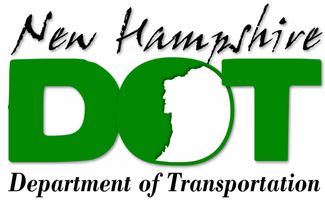
Meanwhile, New Hampshire DOT’s Lane said her agency is actively working to combat these toll text scams by collaborating with key partners at the state and national levels, such as the E-Z Pass Interagency Group – a nationwide coalition of toll agencies – as well as the New Hampshire Governor’s Office and law enforcement partners, including the New Hampshire Department of Justice Consumer Protection and Antitrust Bureau.
CTDOT’s Morgan said his agency quickly opened communication channels with fellow state DOTs across the country to see if this toll scamming issue was isolated to Connecticut or was more widespread. “Based on our conversations, virtually every state is being impacted by these scams,” he said. “So, we continue to share information and resources with other state agencies, including the Connecticut State Police, to try to stop our residents from falling victim to this scam.”
 Top Stories
Top Stories
AASHTO Lays Out Policy Action Agenda for 2026
February 6, 2026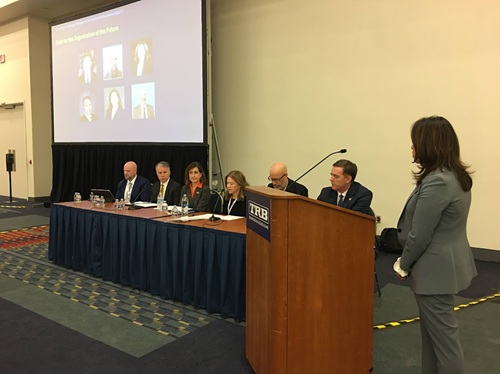 Top Stories
Top Stories
